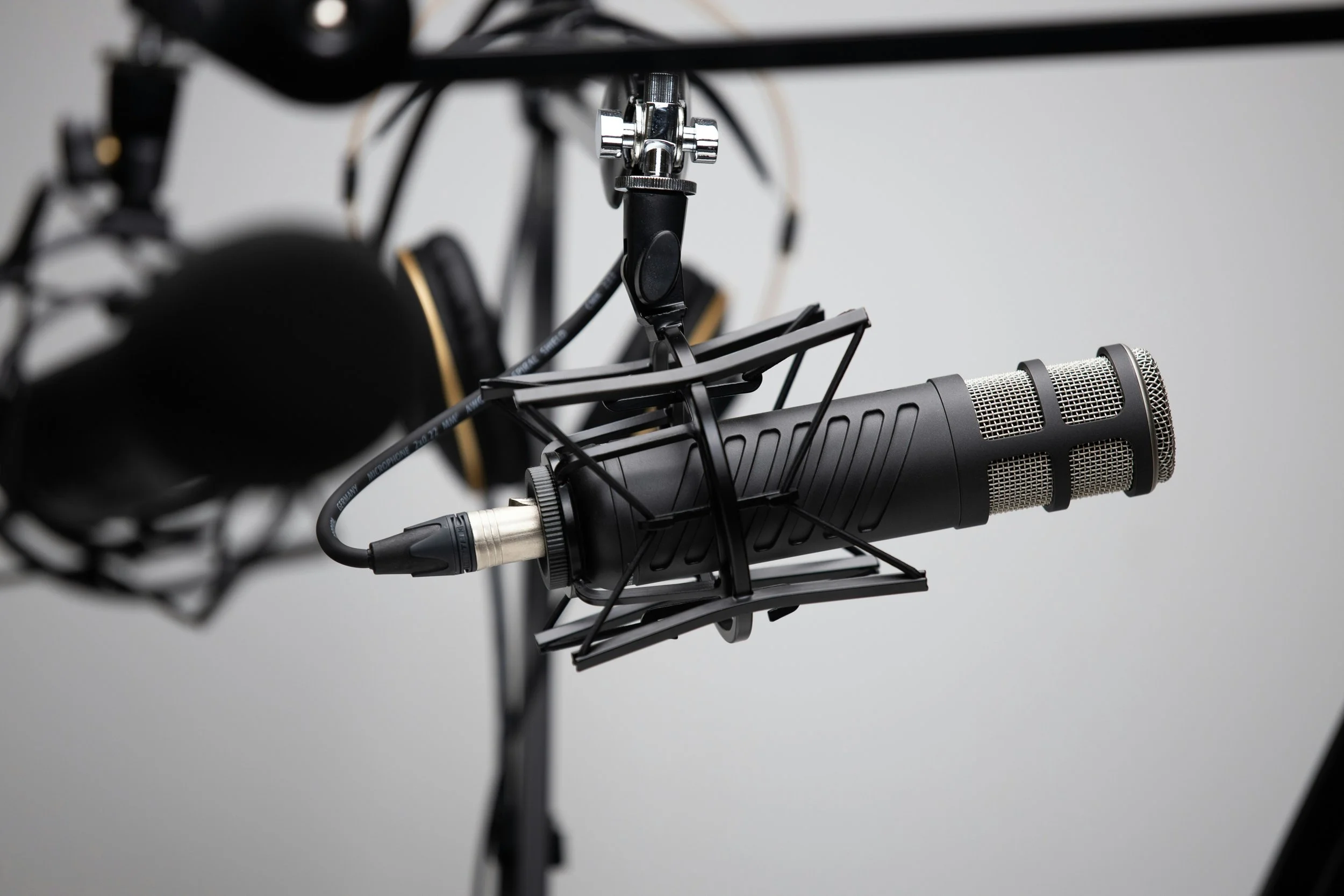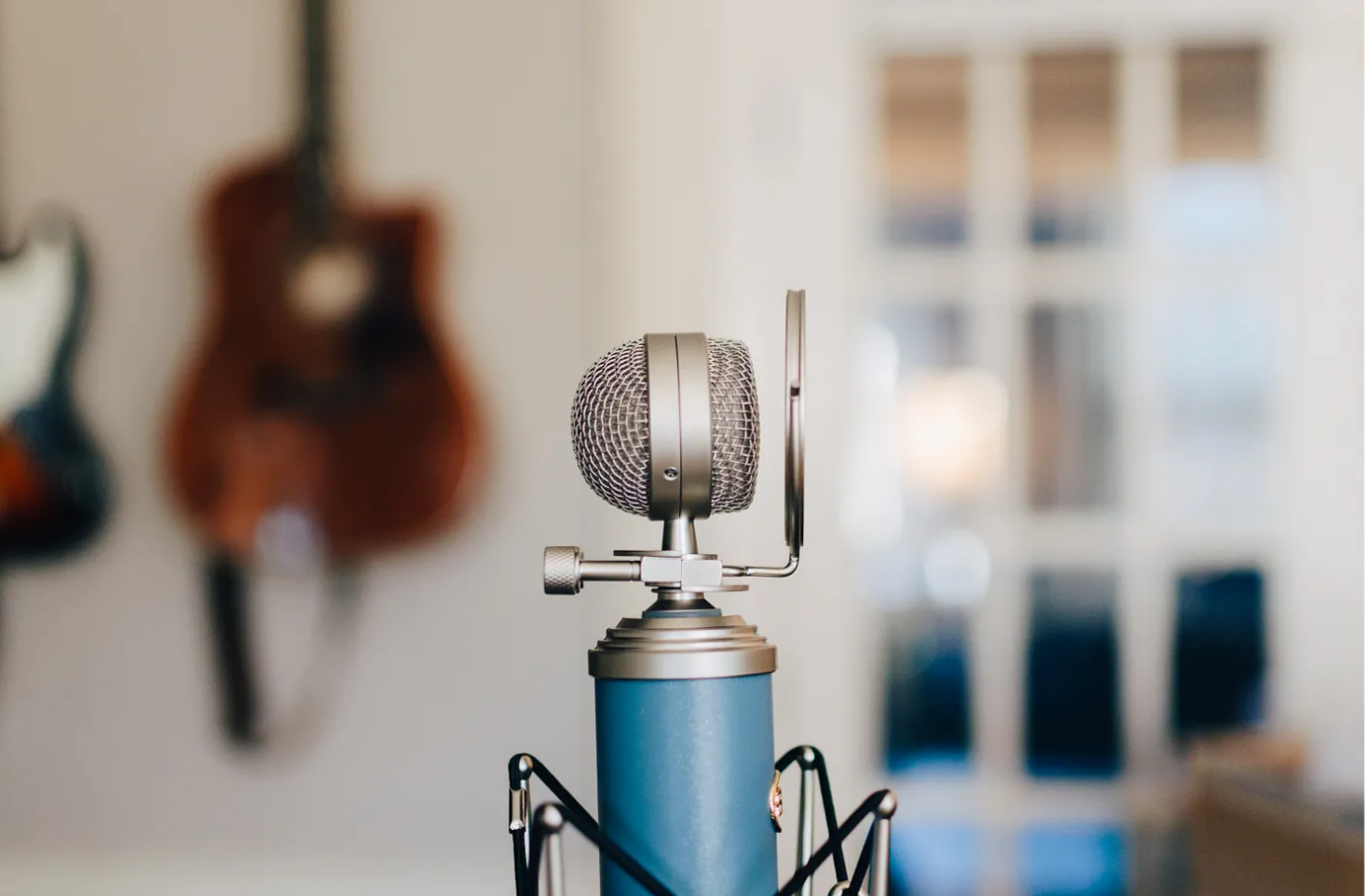Don’t Waste Your Time on a Low-End Microphone Disaster: 6 Key Tips to Get Started with Recording Your Music
Photo by Jonathan Farber on Unsplash
You might have a natural instinct for music, but you probably don’t have a natural sense of which microphones are right for you and your budget. The truth is that there are so many options on the market it can feel overwhelming. This article will help you find the right microphone that meets your needs without breaking the bank.
There’s nothing more frustrating than spending money on a piece of equipment only to realise later you should have spent your money elsewhere. That’s why we want to share some tips with you that will help you avoid making that same mistake again. After reading this, you will know exactly what to look for and which red flags to avoid when buying audio equipment in future.
Don’t buy your microphones individually
You might be tempted to buy a microphone for each recording situation you run into. You want to make sure you have the right mic for the right job, right? Well, not really. This might be the most expensive route of all, and it can make it difficult to access all the features you are entitled to. When you buy a multi-mic kit, you get everything you need in one place. You get all the accessories, such as pop filters and stands, so you don’t have to worry about anything else. This usually ends up saving you a lot of money in the long run.
Photo by Kelly Sikkema on Unsplash
Diversify your mic selection
If you only buy one microphone, what happens when it breaks? You need to make sure that the microphone you buy will last you many years. If you stick to one brand, you’re only increasing your chances of having a faulty microphone. Instead, you want a microphone bag full of different brands so you won’t be left high and dry. There are plenty of microphone kits available on the market, so you should have no problem finding at least two or three mics that interest you. When you have a variety of microphones to choose from, you can record everything and anything. You can record vocals, acoustic instruments, drums, and more. You’ll be able to get your hands on both condenser and dynamic microphones, so you can try both out and see which one works best for you.
Avoid condenser mics for recording vocals and acoustic instruments in a noisy environment
Condenser microphones are known for picking up ambient noise and producing a very clear sound so they are often used in studios. When you want to record an acoustic instrument or vocals, you want to be able to control the sound, so you don’t get any unwanted noise in the background. That’s why you don’t want to use a condenser microphone for these types of situations. If you’re recording an acoustic instrument or vocals, you want a microphone that’s going to be more sensitive to your voice or instrument but not to other noises. Which kind of microphone you should use is determined by how noisy your recording environment is, including your budget, and the type of sound you’re going for.
Find out what mic types work best for you and your situation
The key to picking the right microphone is to know what type of microphone you need and what features you should look for in your model. Some microphones might be better for certain situations than others. If you know what features you should look for in your microphone, you can find the right one for you. The first step is to figure out what you’re recording. Are you recording vocals? Instruments? Are you doing podcasting or recording a radio show? Are you recording in a studio or remotely? Once you’ve figured that out, you can start looking for microphones that have the features you need. For example, if you’re recording vocals, you want a microphone that cuts down on noise and has a filter to help keep unwanted sounds out of your recording. For instruments, you want one that has a wide pickup range so you can record all different types of instruments. If you’re recording podcasting or something else that doesn’t need the highest-quality sound, you can go for a cheaper microphone.
Check the condition of any used equipment you buy
If you’re buying used equipment, make sure it’s in good condition. If the microphone or anything else you are buying has scratches, dents, or looks used, it might not be worth your money. If you can, test the microphone before you purchase it. If you’re buying online, read reviews to find out if other people have had issues with the seller. If you have the option of buying a warranty with the microphone if there’s a problem, you should take advantage of it. This can help you in the long run if something breaks or malfunctions.
Avoid buying from unknown brands or overseas sellers
Even though you might be able to find some great deals from unknown brands, you don’t know if the microphones are any good. If you want to avoid wasting your money, you should avoid purchasing from unknown brands unless you have no other option. You can check online reviews to see what other people have to say about the microphone. If you do decide to purchase from an overseas seller, make sure you get a warranty or some type of money-back guarantee. You can always return the microphone if it’s faulty or low-quality.
Conclusion
When you’re shopping for microphones, don’t be afraid to ask questions. If you don’t understand the terminology or know what each feature means, ask someone to explain it to you. This can help you avoid wasting money on microphones that aren’t high enough quality for your needs. Once you know what type of microphone you need and what features you should look for in your model, it will be easier to find the right one for you. You can even ask for suggestions from friends or any online audio forums. With these tips, you should be able to find the right microphone without ending up with a low-quality piece of equipment. For more short video tips and tricks on mixing music and other audio related topics, follow us on Instagram @anadigisoundlab.
6 January 2023


